This blog covers more of the films shown at Rendez-Vous with French Cinema.
“On the Adamant” (“Sur L’Adamant”) is a very poignant documentary, directed by Nicolas Philibert, of a unique mental care facility, a barge on the Seine. The film received the top award at the Berlin Film Festival. The boat provides a welcoming atmosphere for the patients who are shown in interactions with caretakers and in their assigned responsibilities. Without the revealing interviews with the patients, it is sometimes hard to differentiate patient from caretaker as patients are well-integrated and comfortable. Compellingly, patients join in administration, cooking, painting, crafts, and musical programs while the Adamant floats along the river,
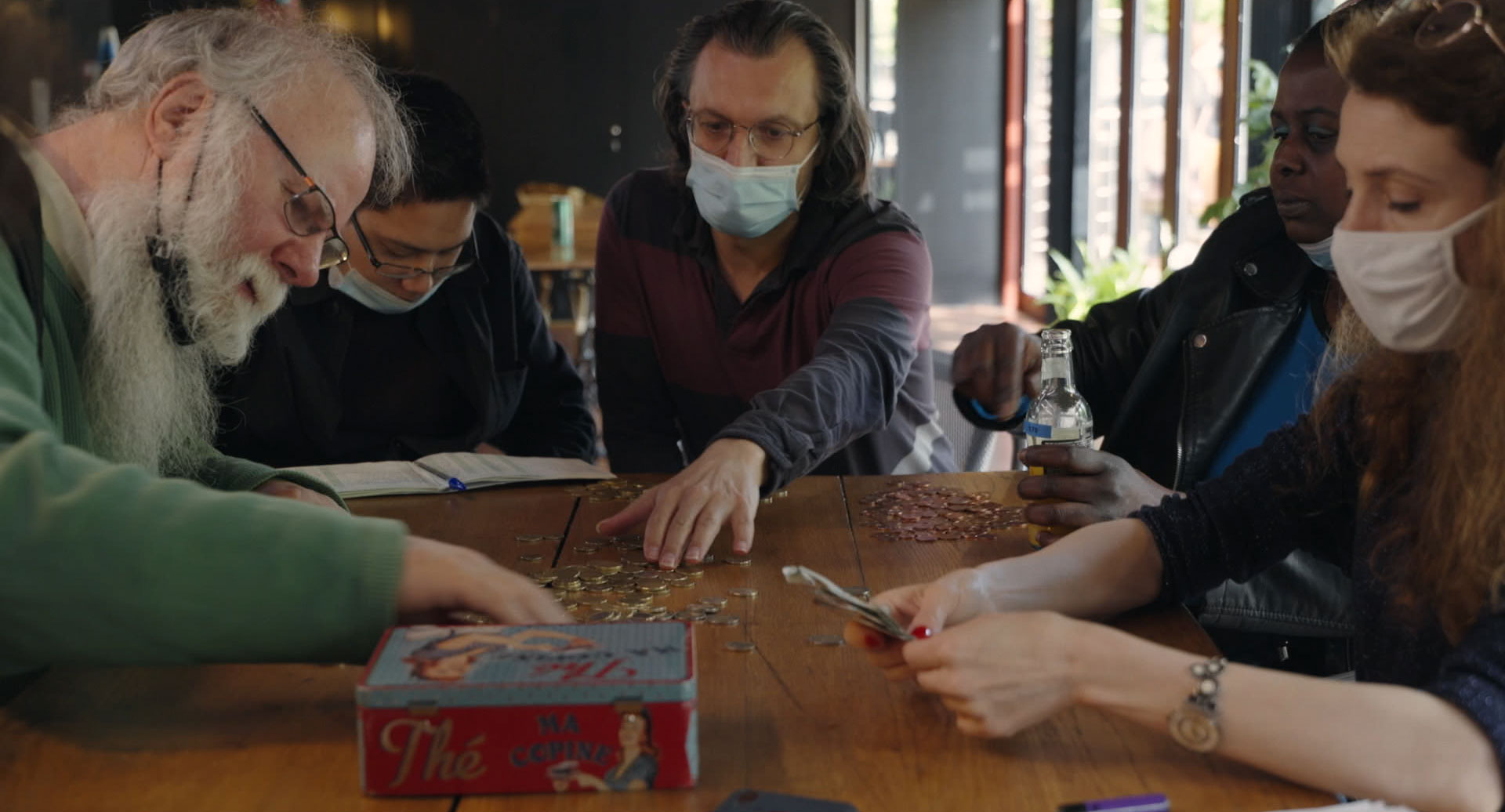
“On the Adamant” Courtesy of Film at Lincoln Center”
The finest film I saw at Rendez-Vous, “Little Girl Blue” is a fascinating hybrid documentary about director Mona Achache’s very troubled mother Carole, a writer, photographer, and actress. Photographs, archival film and Carole’s words are combined with an exceptional, emotionally intense portrait of the mother by Marion Cotillard. At Rendez-Vous, Cotillard said she has been waiting years for such a deep, strong role. Achache said she made the film to make her mother come back. She added that the film was being shown on the anniversary of her mother’s death (by suicide). The very insightful discussion of the film with Marion and the director will be covered in a future blog.
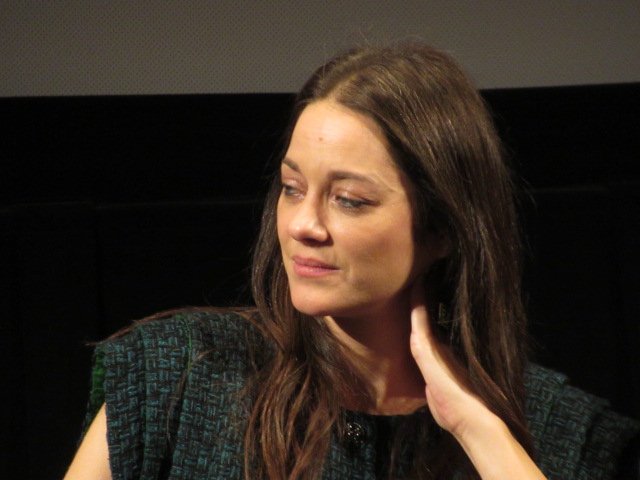
Marion Cotillard at Rendez-Vous with French Cinema (c) Ed Scheid
“Auction” (“Le Tableau Volé”), directed and written by Pascal Bonitzer is an engrossing and sometimes cynical film set in the art world with clever twists and deceptions. An art appraiser (Alex Lutz), one of whose colleagues is his ex-wife (Léa Drucker), discovers a masterwork painted by Egon Schiele that was confiscated by the Nazis. After the screening Bonitzer said his film is inspired by a real-life discovery of a Schele looted by the Nazis. He added that “Auction” confronts two worlds, wealthy and working class.
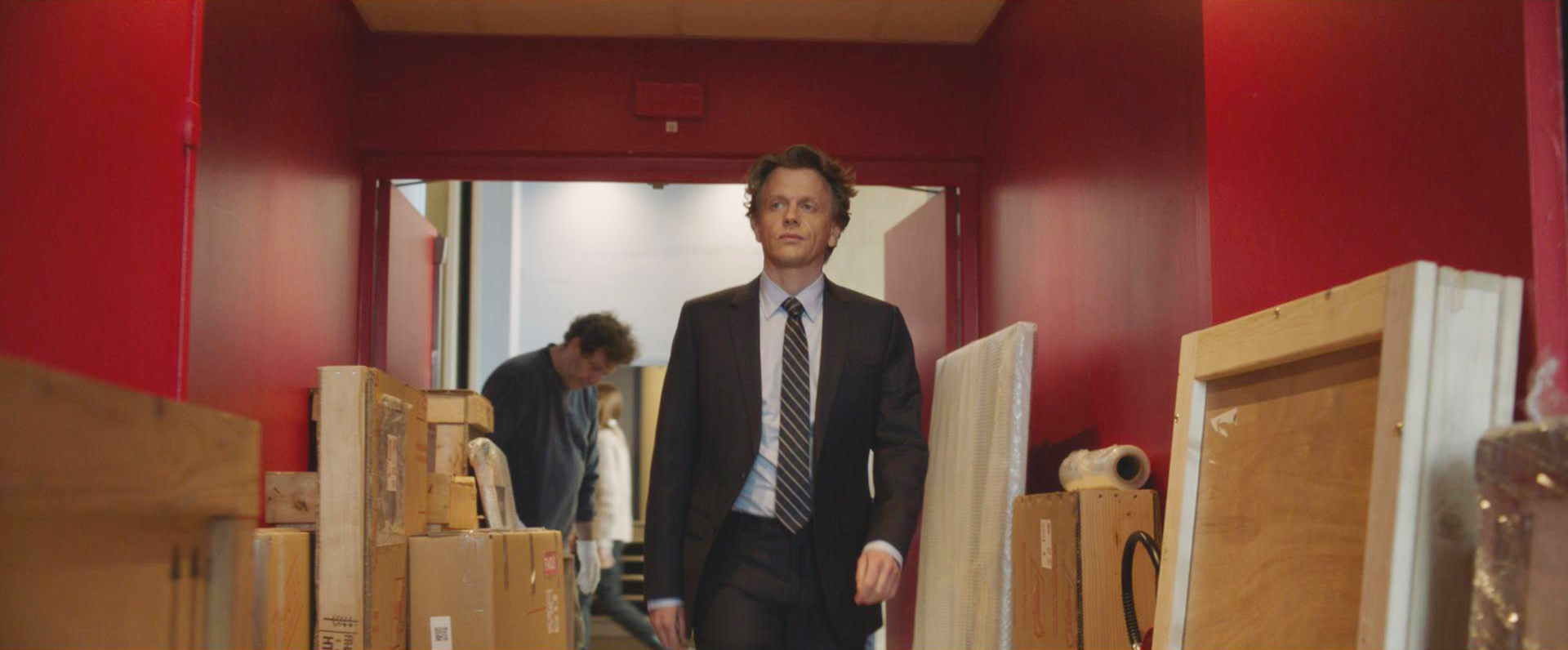
Alex Lutz in “Auction” © SBS Productions Sébastien Fouque
Director/co-writer Ladj Ly said that his new “Les Indésirables” (“Bâtiment 5”) is the second part of a trilogy. His previous “Les Misérables“ (2019) dealt with the tensions with police in a French suburb. Ly’s latest is a powerful view of life in a similar setting, centering on the conflict between the new mayor (Alexis Manenti) and a young community activist (Anta Diaw). Ly said he set his films in the neighborhood in which he grew up, “Les Indésirables” begins memorably as men struggle to take a coffin with the deceased down many steps as the apartment elevator has been long broken. A notable ensemble portrays a variety of characters. The film builds to a powerful and tense climax.

“Les Indésirables” Courtesy Film at Lincolm Center
“Consent” is a remarkable cinematic depiction of a real-life scandal. In the mid-1980s, 13-year-old Vanessa Springora (Kim Higelin) meets celebrated middle-aged author Gabriel Matzneff (Jean-Paul Rouve) at a party with her mother (Laetitia Casta). Vanessa begins a relationship with the much-older Matzneff . His open involvements with much younger females are accepted in literary circles.
Kim Higelin is superb, conveying Vanessa from her initial infatuation to a growing realization of abuse. Jean-Paul Rouve captures the older man’s confident sense of entitlement. The film shows how the publication of Vanessa’s memoir of the relationship led to age-of-consent legislation in France. At Rendez-Vous, director/co-writer Vanessa Filho said she would not have made the film without Vanessa’s consent. Filho told the audience Springora’s memoir gave an understanding of her physical and psychological vulnerability, as does the film.
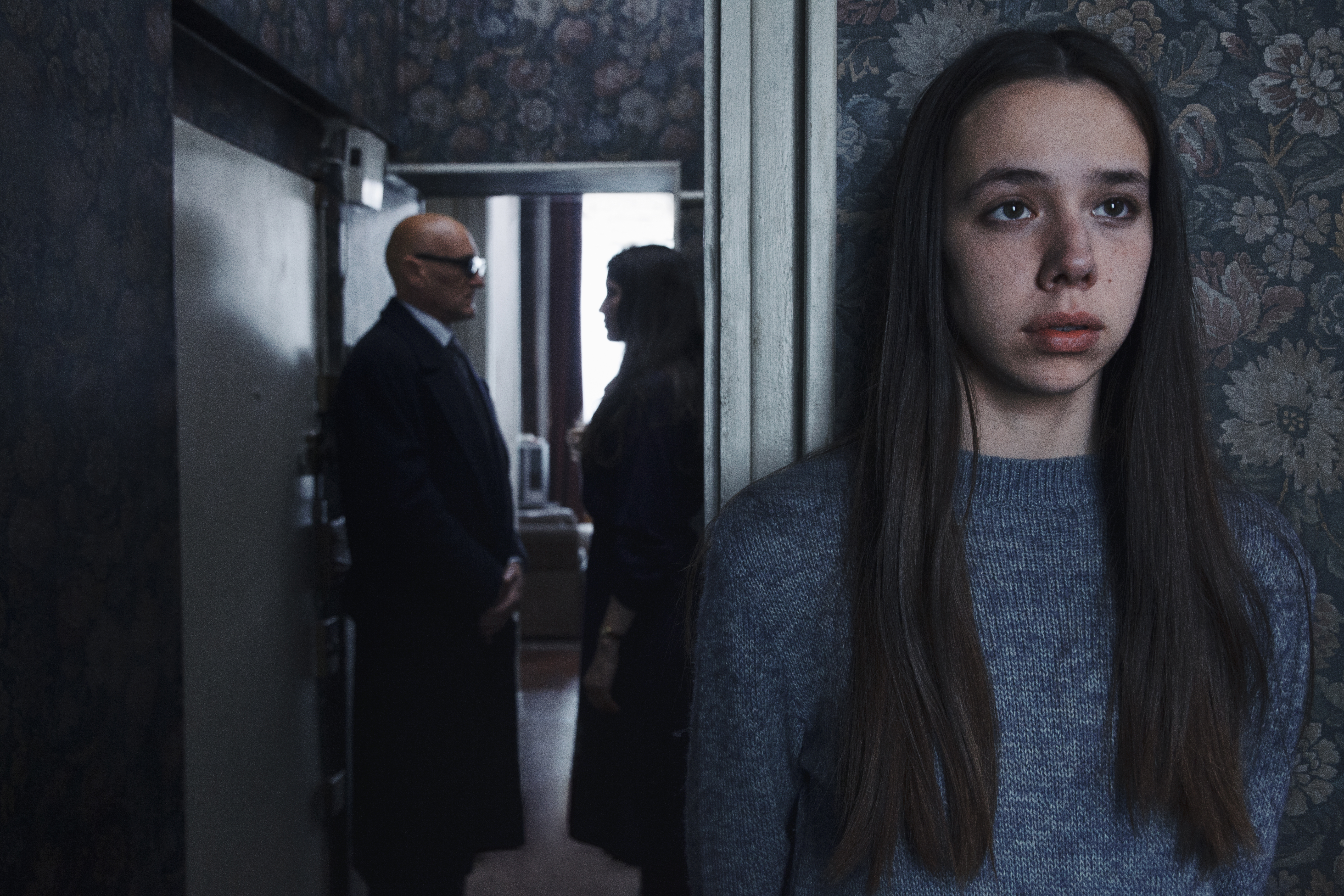
Jean-Paul Rouve, Laetitia Casta, Kim Higelin in “Consent” Courtesy of Film at Lincoln Center
“Marguerite’s Theorem” (“Le Théorème de Marguerite”) has an intriguing premise. Marguerite is a rare female mathematician, preparing for her PhD. Ella Rumpf effectively brings out her intense drive and singlemindedness. Marguerite’s professor is played bv the always welcome Jean-Pierre Darroussin (“Le Havre”). husband of director /co-writer Anna Novion. In a demonstration of Marguerite’s research in developing a proof, the proof is demonstrated to be flawed. Devastated, she leaves academia and turns her mathematical skills to gambling in mahjong games. The film is weakened by a conventional ending. After the film, Anna Novion described Marguerite as a woman in an isolated male environment and compared real mathematicians to high-level athletes.
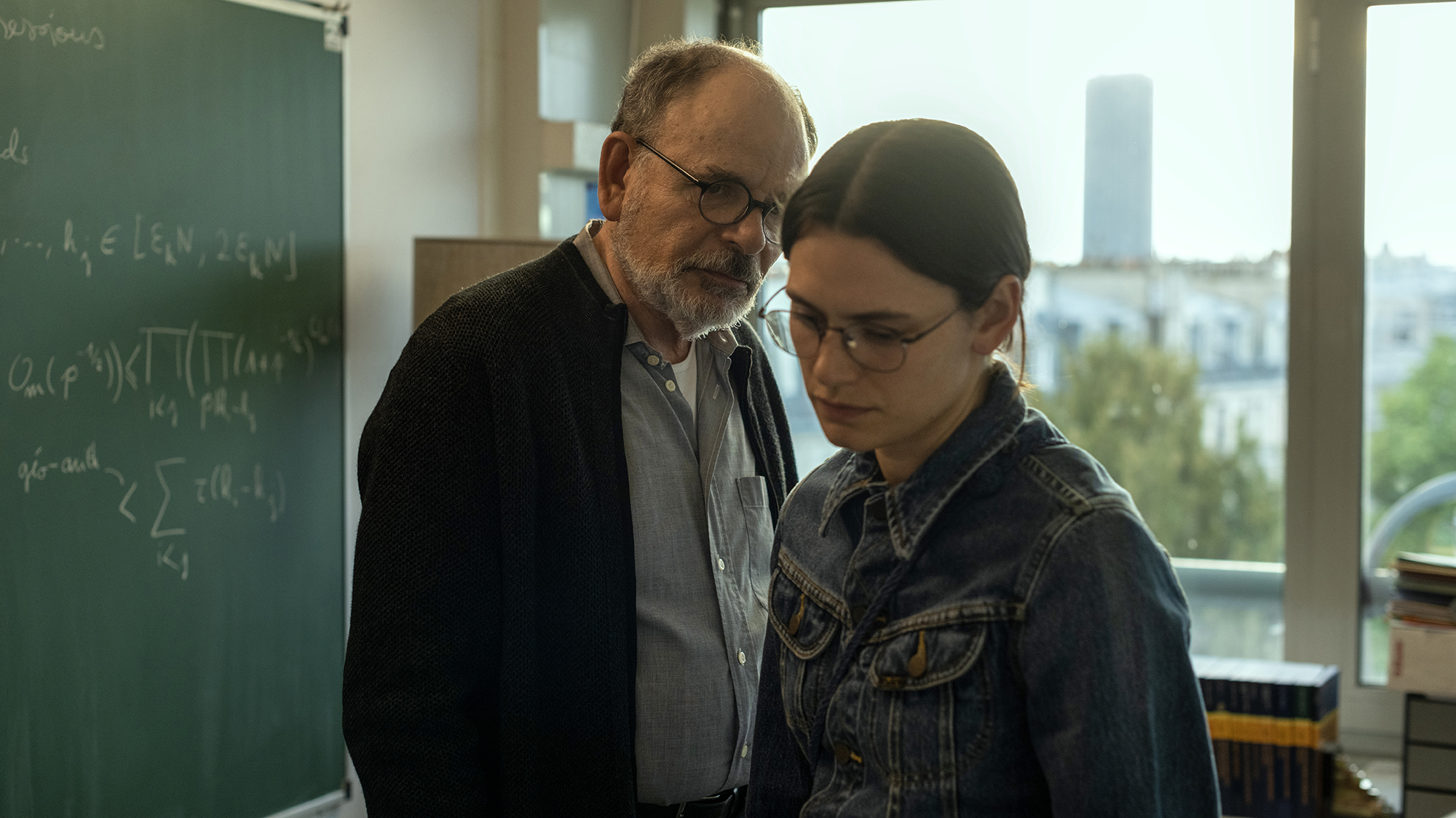
Jean-Pierre Darroussin , Ella Rumpf in “Marguerite’s Theorem” Courtesy of Film at Linco;m Center
Leave a comment